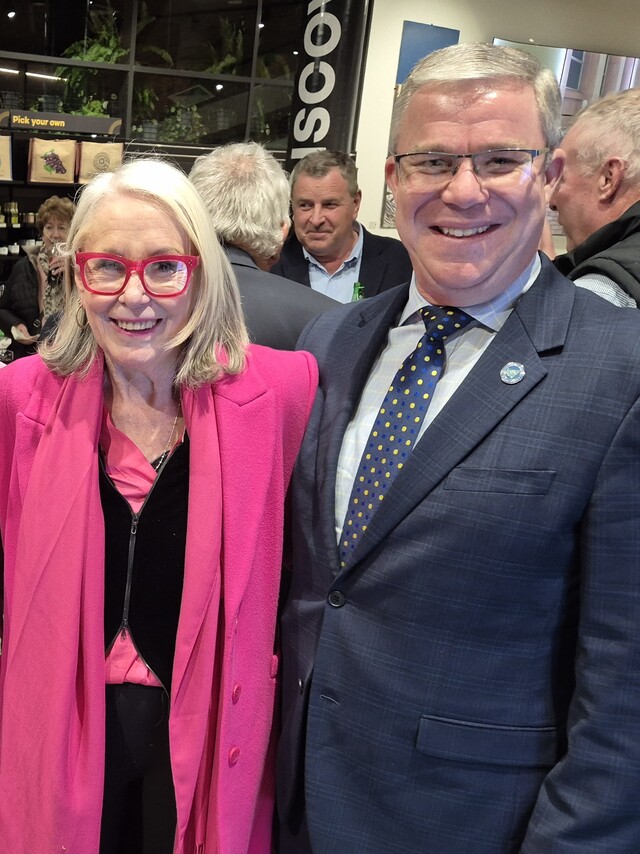With an emphasis on a practical appreciation of planning, conservation and development, the recent National Congress of the Royal Australian Planning Institute (RAPI) had the appropriate theme ‘Implementing the Vision: Reflections and Directions’.
Staged in Perth, the Congress was hosted by RAPI (WA Division) and the Local Government Planners Association of WA. It attracted almost 500 delegates, with Councils represented from across the nation. Papers were presented by representatives from all spheres of Australian government, as well as consultants, academics, planners and professionals from related fields.
Keynote speaker was Professor Peter Hall from University College London. He disagrees with those who suggest that the information superhighway could spell the complete end of the traditional city, that traditional locations will lose their significance as the future economy will depend largely on the generation, processing and exchange of information, universally available at uniform cost.
“The new world will largely depend, as the old one did, on human creativity,” Professor Hall said. Arguing that creativity flourishes where people come together face to face, he believes there will be a future for great cities and great city centres.
“We could actually see the major city centres enhancing their role as informational nodes,” Professor Hall continued. “There will be centres for financial and associated business services, for all kinds of design services, for the media, for creative activities of all kinds including new multimedia and for tourism including business tourism.
“Many of these different activities will be synergistic, one encouraging another, one feeding off another.”
A major issue raised during the Congress was the fact that planning is moving in two different directions. The ‘New Urbanism’ approach sees some planners moving back to shaping physical environments from a purely architectural design basis. On the other hand, there are those planners advocating a more sensitised approach, creating spaces and places that reflect the feelings and aspirations of communities.
Professor Leonie Sandercock from the Royal Melbourne Institute of Technology called for a move to ‘community based planning’. She said that planners must recognise ‘multiple publics’, that planning in this new multicultural arena requires a new kind of multicultural literacy.
“It involves listening, interpreting and developing skills that are sensitive,” she said. “It suggests a whole different practice in which communicative skills, openness, empathy and sensitivity are crucial, in which we respect class, gender and ethnic differences, and actively try to learn and practice those ways in order to foster a more democratic and inclusive planning.”
With the Local Government Planners Association recently amalgamating with RAPI, the larger organisation offers integrated membership incorporating private sector planners, academics and representatives of all spheres of government.
“RAPI provides support for Local Government planners in management, environmental and other necessary skills areas,” said Neil Shepherd, RAPI National Vice President (Local Government).
The Manager of Planning Services for Clarence City Council in Tasmania, Neil said that the Congress provided the opportunity to network nationally, highlighting differences across the nation.
“The big projects currently underway in the West and SE Queensland are not so evident in other States where planners are still planning in a post recession mood,” he said.
“Similarly, different stages of Local Government reform and restructuring are evident around the States.
“Things being piloted in Victoria have not been entirely successful and are being viewed with some circumspection. We also see examples of privatisation not always living up to expectations. In the Perth metropolitan area where public transport has been privatised – there is evidence of some areas no longer being serviced.
“A key issue is sustainability so our 1997 Congress, to be staged in Newcastle, will specifically look at habitat.”







